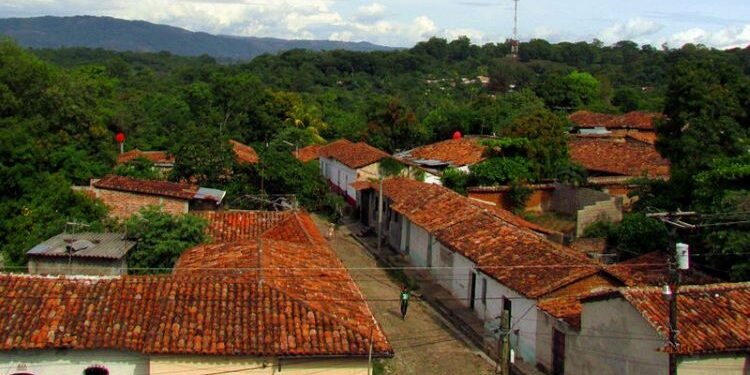The Diplomat
The Council of Ministers authorized this past Tuesday a contribution of three million euros to a municipality in El Salvador for the financing of a sustainable water management program with a gender approach.
Specifically, the three million Euros, charged to the Cooperation Fund for Water and Sanitation, will go to the Suchitoto Municipal Council to finance the program Strengthening municipal and community water management with sustainable policies and operators with a gender approach that guarantees the human rights to water and sanitation, and to a healthy environment.
The purpose of this program is to supply the population of the municipality of Suchitoto, with a population of close to 24,000 inhabitants, 80% rural and 20% urban, according to the last census of 2007. The purpose of this program is twofold: on the one hand, to extend the sustainable management of water and sanitation services, especially in rural areas, and on the other, to strengthen municipal water governance with real and effective participation of civil society.
The Cooperation Fund for Water and Sanitation (FCAS) was created in 2007 to finance actions, within the international development cooperation policy, aimed at promoting and improving access to water and sanitation services for the citizens of Latin American countries.
According to the Government, the water, sanitation and hygiene sector “continues to be key in the current pandemic situation (COVID-19), due to its direct relationship with health”, as a group of UN experts has ruled: “COVID-19 cannot be stopped without providing water to people in vulnerable situations”.
The 2009 Royal Decree on the organization and operation of the Cooperation Fund for Water and Sanitation states that projects will be financed on a co-financing basis with the beneficiary countries and sets funding percentages based on criteria of level of development and needs for access to drinking water and sanitation. Based on these criteria, the Republic of El Salvador belongs to Group Two, which implies that the Fund will assume 80% of the financing on a non-reimbursable basis, while the beneficiary will contribute the corresponding 20%.





